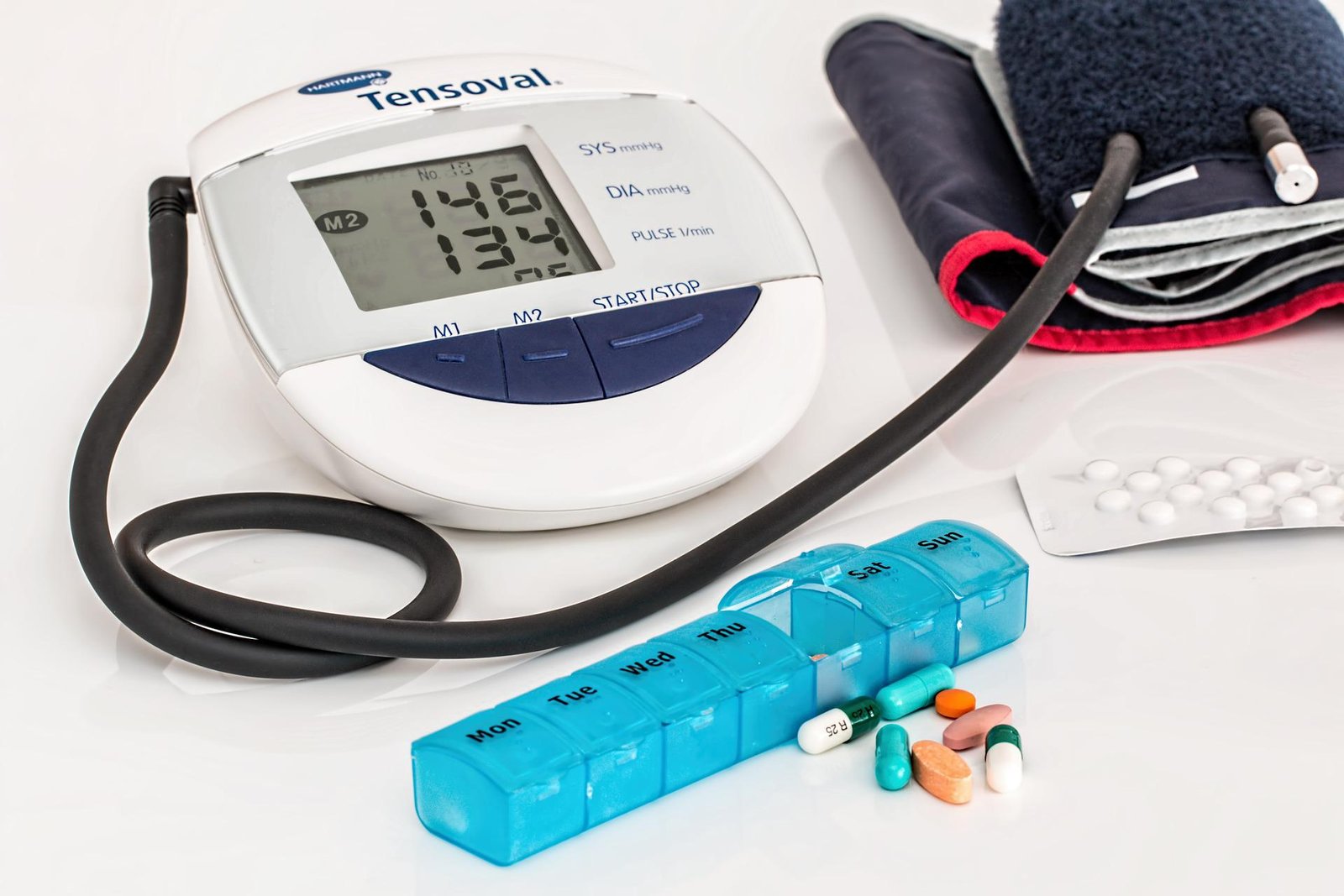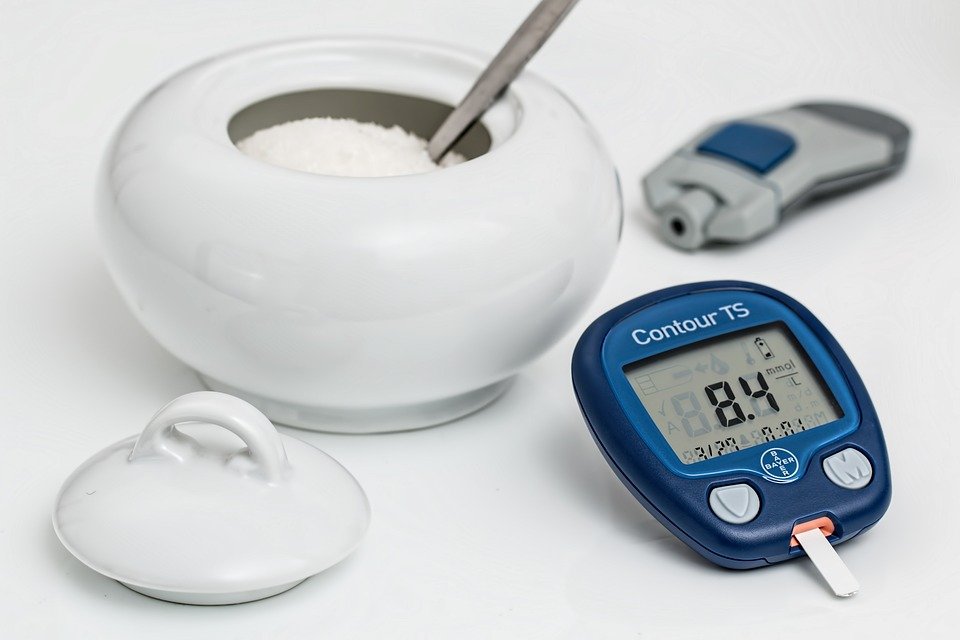Extreme stress or fear can temporarily increase blood pressure and heart rate, but there is not enough evidence that stress causes high blood pressure in the long term, according to some studies.
When you’re stressed or anxious, your body can respond by producing more hormones, which can increase your heart rate and blood pressure. High blood pressure alone does not cause high blood pressure. However, as in everyday life, when stress is caused by high blood pressure, it can damage blood vessels and damage the liver and kidneys. These side effects are similar to those observed in hypertensive patients.
Can stress cause high blood pressure?
Stress can also cause high blood pressure because people often react to stress by adopting the wrong lifestyle.
Examples of behaviors that can cause high blood pressure
Here are some examples of behaviors that can lead to high blood pressure.
- Vape or smoke
- Excessive consumption of alcohol
- Use too much coffee
- Overeating or eating unhealthy foods
- No exercise or weight control
- Can’t sleep
- They are not taking blood pressure medication as prescribed.
Serotonin and norepinephrine reuptake inhibitors (SNRIs), used to treat anxiety, sometimes cause high blood pressure. If you have high blood pressure, your doctor may need to change your treatment.
What is hypertension?
High blood pressure, often referred to as hypertension, is a condition of persistent elevation of blood vessels in the arteries. According to the American Heart Association, hypertension is defined as a blood pressure above 130/80. High blood pressure that lasts only a few seconds (for example, when someone scares you or you watch a horror movie) is generally not a cause for concern. However, high blood pressure, like high blood pressure, can damage organs such as the kidneys and heart and increase the risk of stroke, heart attack, and even death.
What exactly is stress?
Anxiety is stress or the worry that stress may occur in your daily life. When stress lasts more than 6 months, it is classified as stress. For example, anxiety disorder is a type of anxiety in which a person experiences fear, intense anxiety. Stress management techniques and exercise such as yoga can help reduce stress and anxiety. If the anxiety persists and interferes with daily life, a doctor should be consulted. Doctors can evaluate medical problems that can trigger anxiety symptoms. They may also refer you to a mental health professional for further help.
How to prevent stress hypertension?
Taking steps to reduce stress is the best way to avoid worrying about high blood pressure. Here are 5 simple tips to reduce blood pressure and stress.
1. Exercise
Exercising releases hormones in the body that help to lower stress and blood pressure. For most days, 15 to 30 minutes is sufficient. Walking the dog is a great way to stay active.
2. Meditation, Yoga and Deep Breathing
Meditation, yoga and deep breathing are all necessary. Breathing activities help reduce blood pressure and stress. Breathe slowly and slow down your heart rate. This can help reduce stress on the heart and reduce anxiety symptoms.
3. Get enough sleep
Sleep is very important for our mental and physical health. If you don’t get enough sleep, your heart has to work harder to pump blood around your body. Anxiety can be caused by lack of sleep.
4. Eat healthy foods
Your mood can be affected by the food you eat. Eating high calorie, fatty and unhealthy foods when you are stressed will make you feel anxious and sad. When you’re stressed or anxious, it’s ideal to eat low-fat fruits and vegetables and whole grains. These healthy foods can help you feel better.
5. Prohibition
Small amounts of alcohol may not seem dangerous, but drinking too much can lead to high blood pressure and heart disease. Any type of alcohol can increase stress levels. Should be avoided if you are suffering from chronic stress or high blood pressure.
Is there a relationship between medical stress and high blood pressure?
It is true. Many antidepressants, alone or in combination with other drugs, can cause high blood pressure.
Monoamine oxidase inhibitors (MAOIs) such as phenelzine (Nardil) serotonin and norepinephrine reuptake inhibitors (SNRIs) such as venlafaxine (Effexor XR)
Doctors regularly monitor blood pressure for changes after prescribing anxiety medications.
Doctors should be more cautious about prescribing drugs that can cause high blood pressure in people who already have high blood pressure. That’s why it’s important to tell your doctor if you have a personal or family history of high blood pressure so that they can prescribe the safest medication for you.
What are the common medical problems of people with high blood pressure?
There are several types of antidepressants that people with high blood pressure can take. Here’s something.
- For example, propranolol is a beta blocker (Inderal).
- SSRIs, such as escitalopram, are selective serotonin reuptake inhibitors (Lexapro).
- Alprazolam and other benzodiazepines (Xanax)
- Remember that there are many ways to reduce stress without using drugs! Here are some examples.
- Mindfulness is a form of meditation.
- Simplify your life and schedule
- Maintaining good health requires a healthy diet and regular exercise.
Can high blood pressure cause anxiety?
Medical conditions such as high blood pressure or heart disease can cause stress. Because stress and anxiety can increase blood pressure. Depression, anxiety, and post-traumatic stress disorder (PTSD) are all common after a heart attack. On the other hand, people with high blood pressure may worry about the possible effects that high blood pressure can have on their body as well as on their overall health and future.
Symptoms that can be caused by high blood pressure are another source of stress for people with high blood pressure. Here are a few.
- Chest pain
- Can’t breathe
- Dizziness or vertigo
- Headache
- Vision changes
Remember that many people with high blood pressure have no symptoms, but knowing that they have high blood pressure can be stressful.
Another concern for people recently diagnosed with high blood pressure is the need for blood pressure medication. Fear of side effects and worries about the cost of new medications can be reduced by consulting a doctor.
Most blood pressure medications do not cause anxiety. Beta-blockers and clonidine (Catapres, Catapres-TTS) are two types of blood pressure medications that can be used to reduce anxiety. However, everyone reacts to medications differently, so talk to your doctor if you experience increased anxiety after starting a new blood pressure medication.
Conclusion
Stress can cause high blood pressure in the short term, but there isn’t enough evidence that it raises blood pressure in the long term. If stress-induced high blood pressure occurs often enough, it can wreak havoc on your overall health. If you’re concerned about your stress, talk to your doctor about good strategies to support your mind and body.




